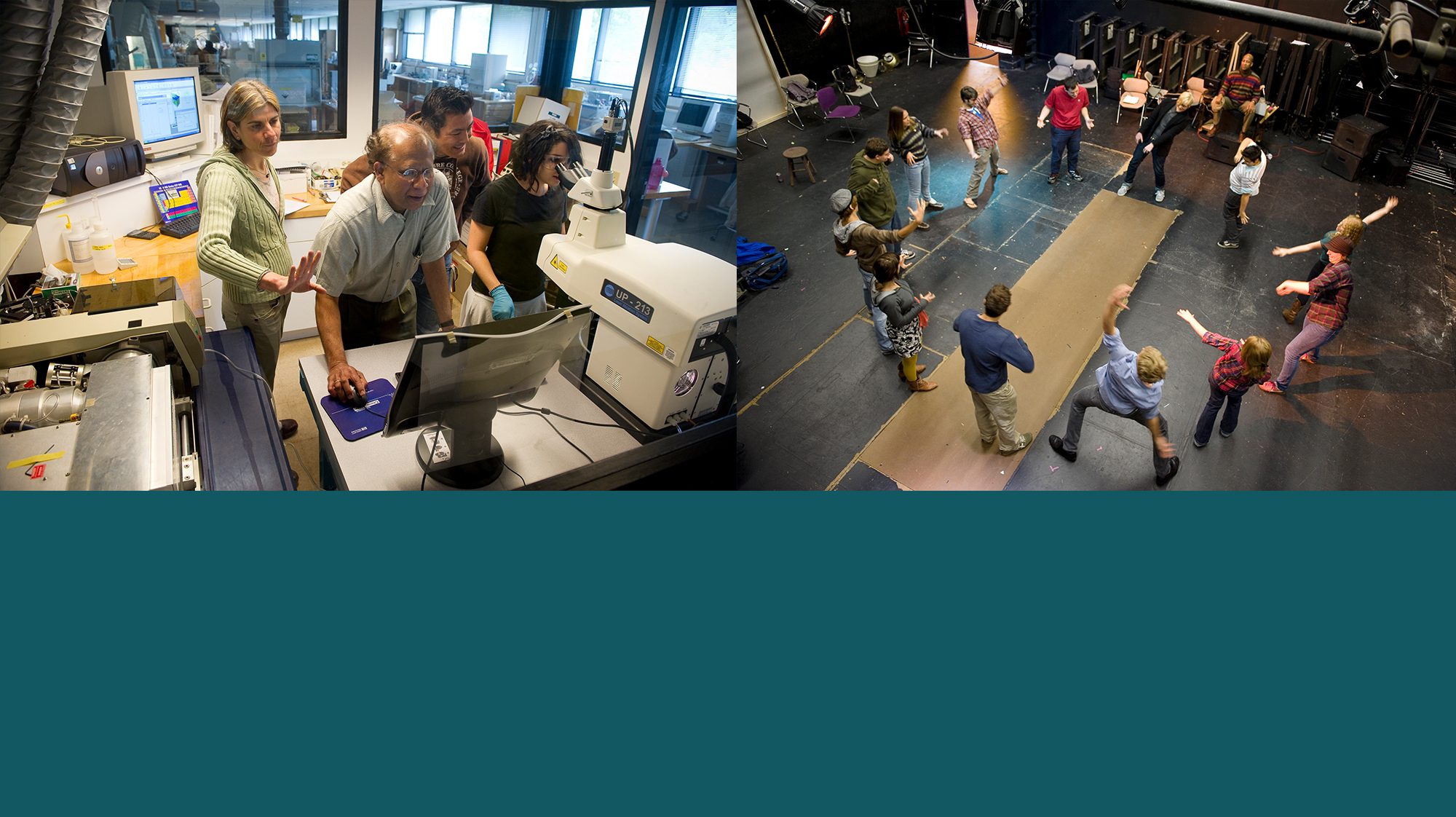The UMass Center for Teaching & Faculty Development is hosting a series of diversity-related workshops this spring that are open to Five College faculty. Please sign up for the first this spring!
What: Positionality: How Does ‘Who We Are’ Affect ‘What We Do’?
Speaker: Dr. Jesse Tauriac
Audience: All instructors
When: Thursday, January 29th from 9 AM to 11 AM
Location: UMass Amherst Campus Center (room given after registration)
Register: https://www.surveymonkey.com/s/positionality
DESCRIPTION: Often when educators consider starting classroom discussions about multiculturalism and bias, emphasis is placed on analyzing student viewpoints or societal perspectives about various diverse communities and forms of oppression. Much less considered but, arguably, more important is an exploration of our own personal backgrounds and identity dimensions, and recognition of the ways these shape our perceptions of and experiences with individuals from a range of backgrounds. This two-hour, interactive workshop will guide participants in examining and discussing meaningful aspects of our identities, and drawing links to the ways we engage diverse individuals and multicultural topics.
SPEAKER: Dr. Jesse Tauriac is an Assistant Professor of Psychology in the Department of Social Sciences at Lasell College. He has delivered trainings on multicultural teaching and mentoring, culturally competent management and service delivery, respectful workplace environments, and building student cross-cultural alliances. His research interests include factors promoting academic engagement and success among racially and ethnically diverse students, particularly Black American males and first generation college students.


